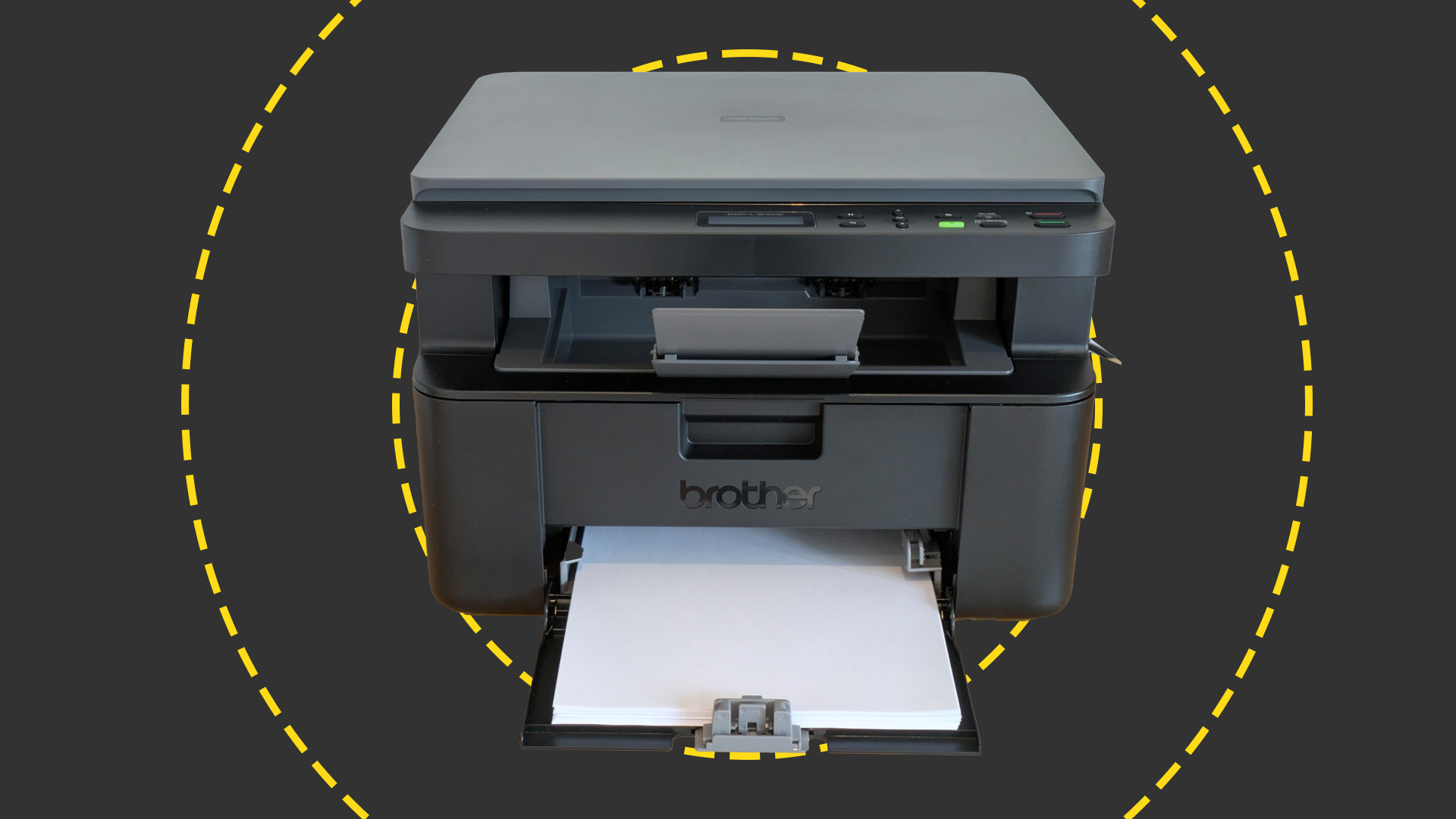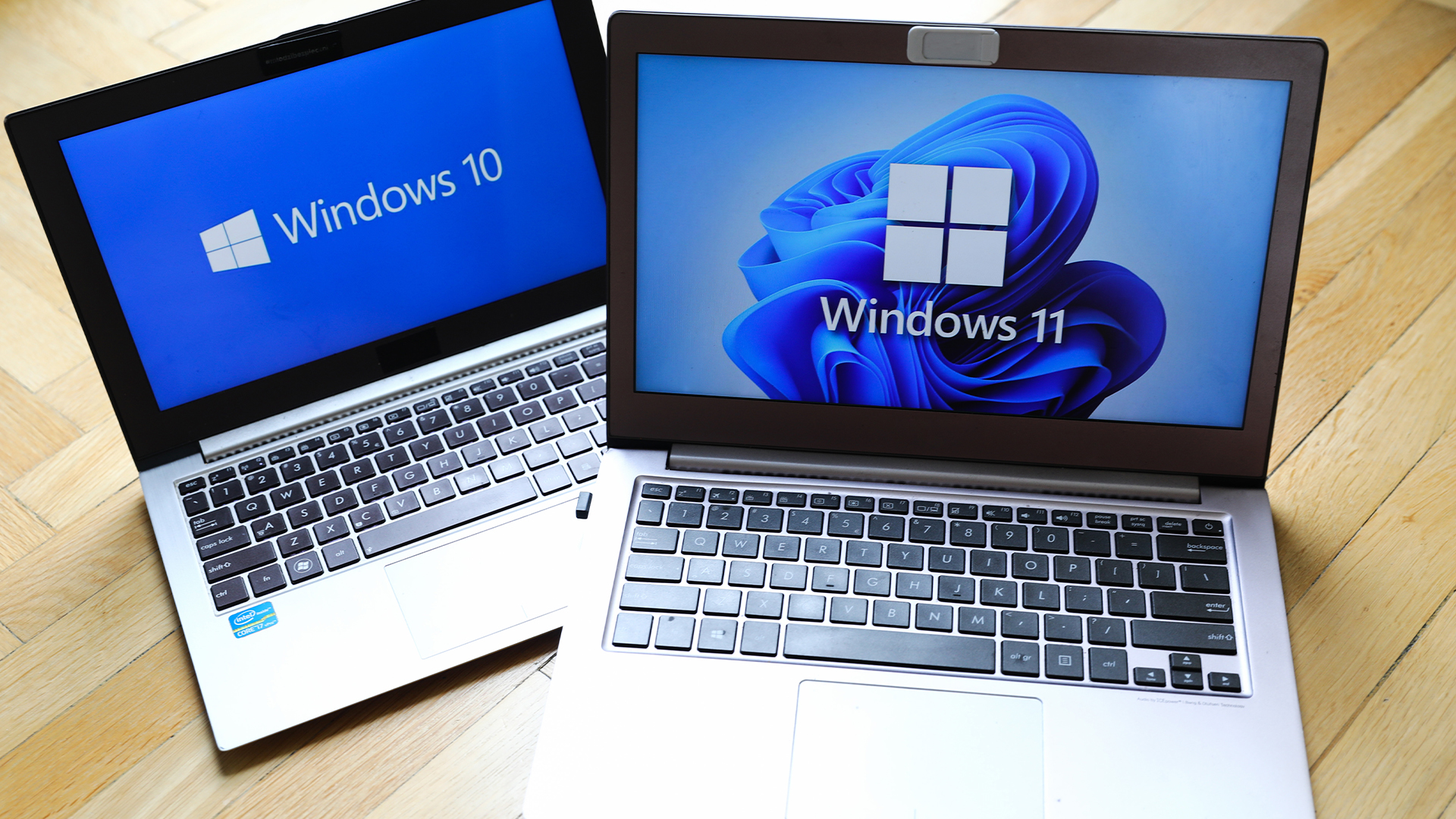
1. Businesses that want to migrate though haven't moved quickly enough
Those in this category are on the cusp of migrating or part-way through migration, having already made the decision that Windows XP has had its day and serves no real purpose for them going forward.
2. Businesses that can't migrate
These firms have little choice generally for reasons of application dependency or compatibility but to stay using Windows XP. Their only choice then is to purchase a third-party end of life (EOL) support contract to help protect them from future risk.
3. Businesses that don't see what the fuss is about
This group could be accused of having their heads slightly buried in the sand and may believe that anything in Windows XP to be exploited has already been exploited. They feel the risks are over-hyped and may have been lulled into a false sense of security. It's a very risky strategy.
Hackers and malware creators alike will be specically targeting Windows XP, safe in the knowledge that any major Windows XP system issue or vulnerability that is exploited after this point in time will not be xed, even if it is a security compromise issue at the scale of Nimda or Code Red.
Where next?
Sign up today and you will receive a free copy of our Future Focus 2025 report - the leading guidance on AI, cybersecurity and other IT challenges as per 700+ senior executives
So, with many of us still on XP either through choice or stubbornness, is there still life in the old OS yet?
Yes and no. But largely the latter. While XP may show no real changes straight away come April 2014, the cracks will slowly begin to show. And, depending on your installed base and exposure, can quickly turn into earthquake-size holes of doom.
"Hackers and malware creators alike will be specically targeting Windows XP, safe in the knowledge that any major Windows XP system issue or vulnerability that is exploited after this point in time will not be xed, even if it is a security compromise issue at the scale of Nimda or Code Red," the AppSense whitepaper warned.
"Testament to Microsoft's efforts in security since Nimda, there has never been such a widespread incident of that magnitude. Though as security professionals know, despite all this advancement in security no platform is secure. It could just as easily occur again without proper processes and technology to patch and secure the platform. Therein lies the challenge. Without patches being released, can the platform still remain secure just relying on anti-malware/anti-virus?"
The security element is one thing, but it isn't the only issue at bay. Against the backdrop of recession and constrained budgets, many firms have not been able to update their hardware (you can run XP with specs as basis as a 233MHz processor and with 64MB of RAM and 1.5GB of disk space), meaning they simply couldn't support a newer OS without a significant investment in infrastructure.
Functionality or lack of it is also a concern.
"Most new PCs have features that were nonexistent, or immature, when service pack enhancements for Windows XP were discontinued. Today's PCs include features such as integrated Wi-Fi and Bluetooth, faster USB ports, and high-resolution monitors and touch screen capabilities," analyst firm IDC said in a Microsoft-commissioned whitepaper entitled Mitigating Risk: Why Sticking with Windows XP is a Bad Idea' back in April 2012.
"Many of these capabilities are either poorly supported or not supported by Windows XP Professional. Further, today, most PCs ship with a minimum of 4GB of memory, which a typical 32-bit Windows XP operating system is unable to address. A 64-bit install of Windows 7 allows full exploitation of that memory."
ITPro is a global business technology website providing the latest news, analysis, and business insight for IT decision-makers. Whether it's cyber security, cloud computing, IT infrastructure, or business strategy, we aim to equip leaders with the data they need to make informed IT investments.
For regular updates delivered to your inbox and social feeds, be sure to sign up to our daily newsletter and follow on us LinkedIn and Twitter.
-
 Can the ‘microshifting’ trend work in the tech sector?
Can the ‘microshifting’ trend work in the tech sector?In-depth Research shows that employees want to break up their working days into short, flexible blocks – here’s how tech leaders can implement what’s being coined as ‘microshifting’
-
 Brother DCP-L1640W review
Brother DCP-L1640W reviewReviews This compact mono laser multifunction looks perfect for home workers, but is its appeal more than skin-deep?
-
 Windows 10 extended support costs could top $7 billion
Windows 10 extended support costs could top $7 billionNews Enterprises sticking with Windows 10 after the October deadline face huge costs
-
 Tiny11 review: Windows 11 with only 2GB of RAM
Tiny11 review: Windows 11 with only 2GB of RAMReview A version of Windows 11 for older machines that don't meet the full requirements
-
 Red Hat Enterprise Linux becomes foundational operating system for Cohesity Data Cloud
Red Hat Enterprise Linux becomes foundational operating system for Cohesity Data CloudNews New strategic partnership between Red Hat and Cohesity aims to drive innovation in the data security and management space
-
 Ubuntu shifts to four-week update cycle
Ubuntu shifts to four-week update cycleNews Critical fixes will also come every two weeks, mitigating the issues involved with releasing prompt patches on the old three-week cadence
-
 AlmaLinux follows Oracle in ditching RHEL compatibility
AlmaLinux follows Oracle in ditching RHEL compatibilityNews Application binary compatibility is now the aim with 1:1 now dropped
-
 How big is the Windows 10 cliff-edge?
How big is the Windows 10 cliff-edge?ITPro Network With some comparing the upcoming Windows 10 end of life to Windows XP, we ask members of the ITPro Network for their insight
-
 Everything you need to know about the latest Windows 11 updates - from bug fixes to brand-new features
Everything you need to know about the latest Windows 11 updates - from bug fixes to brand-new featuresNews Two new cumulative updates are on the way and will be installed automatically on Windows 10 and Windows 11 machines
-
 How to download a Windows 11 ISO file and perform a clean install
How to download a Windows 11 ISO file and perform a clean installTutorial Use a Windows 11 ISO to install the operating system afresh

